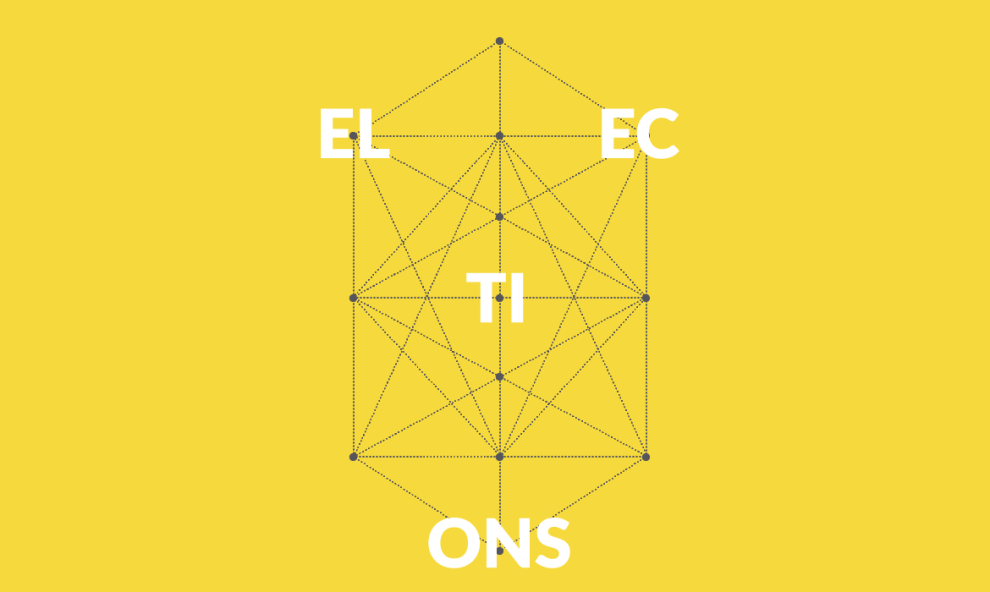In one of his famous observations, Einstein affirmed that “the unleashed power of the atom has changed everything save our modes of thinking”. The same can be said for the changes that Mexico has experienced over the past two decades.
It is easy to become disheartened0020|and uneasy when one scrutinizes the problems that we confront. The economy does not appear to improve much, insecurity takes its toll in new ways with every passing day, and the nearly generalized sensation is that everything can get worse. However, if one looks back, what is impressive is the rhythm of change that has characterized the country. It is simple to think that all things past were good, but, as happened with the true Alonso Quijada, on whom the fictional Don Quijote is based, “past times never were better.” Despite our problems and imbroglios, the physical change of the country, the productive transformation, and the striking sea change sustained by the parameters of everything surrounding us -from the way we elect those who govern us to freedom of speech- speak for themselves. Of course, life has become more complex, a universal phenomenon, but no one with the least amount of sensibility fails to appreciate the hard-hitting change that we have undergone.
Contrariwise, no one in our public life appears to have perceived what has occurred in its entirety. PRIists ready themselves to return to what was (“when everything worked”), PRDists, to change whatever exists, and PANists, to pretend that everything is perfect. No one in that world appears to ponder the striking transformation that the population, together with the country in general, has weathered. To recap: I am not affirming that everything that we have today is better than what there was, but certainly it is impossible to pretend that nothing has changed, or that myriad and extraordinarily auspicious changes have not been wrought.
The pretension of wanting to return the genie to the magic lamp is human, but is not much more serious than attempting to put the toothpaste back in the tube. However, this is the tonic of the debate and attitudes that characterize the political world of the moment. This, in point of fact, reveals a total lack of understanding of the true turmoil that has the country in its grips. Worse: it shows a concerning distance with reality.
During the past twenty years, the country withstood two great revolutions that transformed everything in daily life, and we can not back down. On the one hand, the country underwent the transformation of its productive apparatus from the liberalization of imports. Thanks to this, which began in the mid-eighties, Mexican families have had access to better-quality and less expensive clothing, footwear, food, and durable goods. The competition represented by these imports has allowed the productive apparatus to be transformed, all for the benefit of the domestic consumer. Notwithstanding the many limitations and difficulties, at present we enjoy goods and services at prices that were formerly inconceivable. The productive plant is competitive, exports have demonstrated that domestic quality is as good as the best worldwide, and the workers comprising a segment of this revolution partake in income levels that are very superior to those of their predecessors in the era of autarkic economy.
The other revolution is political. Although our democracy is highly imperfect, Mexicans savor freedoms that were unthinkable in the years of hard-line PRIism, albeit one that never approximated South American-style dictatorship. Today we elect those who govern us that the votes are counted. Perhaps most importantly, we have the freedom to talk straight, at least concerning the political apparatus. Mexicans have become accustomed to saying what they think and to acting freely.
Little by little, the two revolutions have transformed our reality at all levels, in all regions. People have become used to being free, merit becomes an ascent vehicle in productive life, and above all, the sensation of opportunity and possibility grows and multiplies: Mexicans demonstrate to themselves that they are able to function and be successful at the same time. And, little by little, in a word, the Mexican is being transformed into a citizen.
The majority of our politicians, isolated from daily life by a system that holds them aloft, have not understood the gravity that all of this implies, nor the transcendence that it entails. Many purport that these changes have yet to come about, and some believe that the clock can be turned back. But as Lech Walesa quipped on losing the election to the reformed Communist Party, “making fish soup from an aquarium is not the same as making an aquarium from fish soup”. The population has already savored freedom and its accompanying opportunities, and will not permit it to be wrested from them, however attractive the oppression’s rhetoric, disguised as nationalism, appears.
Lack of understanding of the transformation is palpable at many levels: in the call for greater expenditures and less transparency; in Pharaonic spending instead of productive infrastructure; in the inanity of upholding and supporting unions that impede the progress and development of entire sectors, but principally of the population itself; in the mythology associated with the exploitation of natural resources; in the lack of recognition of the transcendence of legality for the functioning of the economy; but, above all, in disparaging the population’s capacity to stand on its own two feet. It is sufficient to observe the transformation that Mexican migrants undergo on entering into the U.S. labor market to demonstrate that the problem is not our intrinsic ability, but rather, a system of government that handicaps and invalidates it.
As we draw nearer to the next presidential elections, all aspirants will begin to develop their campaign proposals and their visions of the future. Along the way, they will be obliged to choose between a vision of what was, or of what, after all, was not, and what it can and should be. How marvelous it would be were they to understand that the country wants to go ahead, and that its only opportunity is providing it with a vision of a future to a population fed up with promises, but avid for leadership capable of treating it as adults and citizens. I have no doubt that the winner will be the contender who respects the population and convinces it that something much better is possible.
For What?






Comments